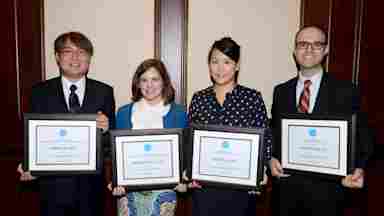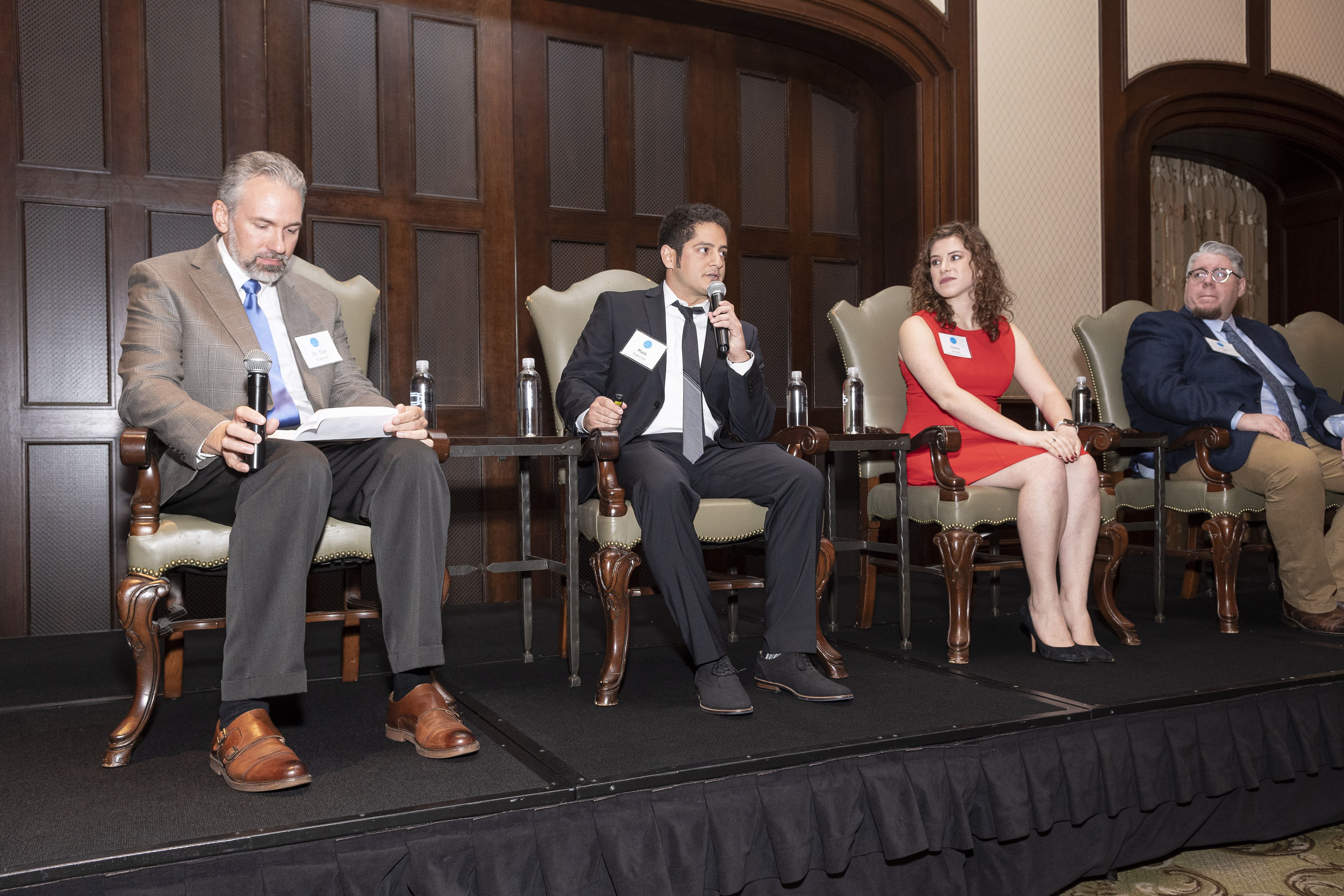
2016 Friends of BrainHealth Award Recipients
Center for BrainHealth
Share this article

Sandra Bond Chapman, PhD
Chief Director Dee Wyly Distinguished Professor, School of Behavioral and Brain Sciences Co-Leader, The BrainHealth Project

Daniel Krawczyk, PhD
Deputy Director of Research Debbie and Jim Francis Chair and Professor, School of Behavioral and Brain Sciences

Francesca Filbey, PhD
Bert Moore Endowed Chair and Professor, School of Behavioral and Brain Sciences Director, Neuroimaging of Reward Dynamics (NiRD) Lab
